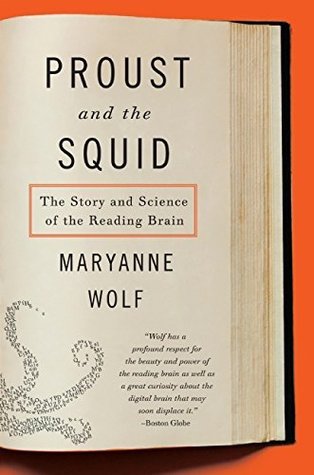More on this book
Community
Kindle Notes & Highlights
Read between
January 18 - January 29, 2022
There is no one form of dyslexia; instead, there is a continuum of developmental reading disabilities that reflects the many components of reading, as well as the specific writing system in a given language.
Two of the best-known deficits involve processes that underlie phonology and reading fluency.
Some young children with severe reading disabilities come from such linguistically impoverished backgrounds that vocabulary plays a critical role.
Intervention for children with dyslexia should address the development of each of reading’s contributing components—from
Children with any form of dyslexia are not “dumb” or “stubborn”; nor are they “not working to potential”—the three most frequent descriptions they endure.
“So does this mean I’m more creative because I use this right hemisphere more than other people and my right pathways got strengthened that way? Or does it mean that dyslexics are just born with more creative brains from the start?”
But if I am correct, dyslexia will turn out to be a stunning example of the strategies used by the brain to compensate: when it can’t perform a function one way, it rearranges itself to find another, literally.
If certain changes on the left side of the brain lead to superiority of other regions, particularly on the right side of the brain, then there would be little disadvantage to the carrier of such changes in an illiterate society; their talents would make them highly successful citizens.
The brain’s design made reading possible, and reading’s design changed the brain in multiple, critical, still evolving ways.
In other words, the new circuits and pathways that the brain fashions in order to read become the foundation for being able to think in different, innovative ways.
what are the skills promoted by literacy that are not found in oral cultures?
Will unguided information lead to an illusion of knowledge, and thus curtail the more difficult, time-consuming, critical thought processes that lead to knowledge itself?
I fear that many of our children are in danger of becoming just what Socrates warned us against—a society of decoders of information, whose false sense of knowing distracts them from a deeper development of their intellectual potential.
The mysterious, invisible gift of time to think beyond is the reading brain’s greatest achievement;


